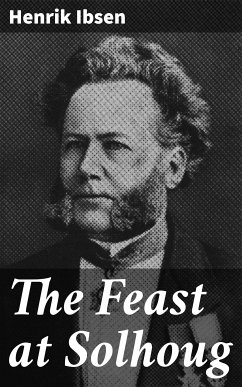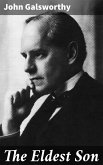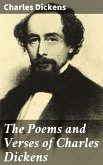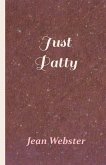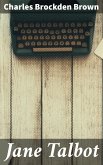Henrik Ibsen's 'The Feast at Solhoug' is a gripping play set in medieval Norway, filled with themes of power, love, and betrayal. Written in Ibsen's signature poetic and dramatic style, this work showcases his early talent as a playwright. The plot follows the nobleman Gudmund, who is forced to confront his past actions and sacrifices in order to secure his future. The dialogue is rich with symbolism and complex character dynamics, making this play a timeless piece of literature in the Scandinavian canon. Henrik Ibsen, known as the 'Father of Realism,' drew inspiration for his works from his own experiences and observations of society. 'The Feast at Solhoug' reflects his interest in exploring the human psyche and questioning societal norms. Ibsen's deep understanding of human nature is evident in the intricate relationships portrayed in the play, making it a thought-provoking read for those interested in psychological drama. I highly recommend 'The Feast at Solhoug' to readers who appreciate classic literature and enjoy thought-provoking plays. Ibsen's masterful storytelling and insightful character development make this work a captivating exploration of power dynamics and moral dilemmas.
Dieser Download kann aus rechtlichen Gründen nur mit Rechnungsadresse in A, B, BG, CY, CZ, D, DK, EW, E, FIN, F, GR, H, IRL, I, LT, L, LR, M, NL, PL, P, R, S, SLO, SK ausgeliefert werden.

